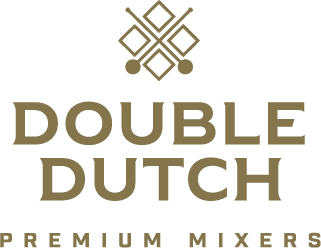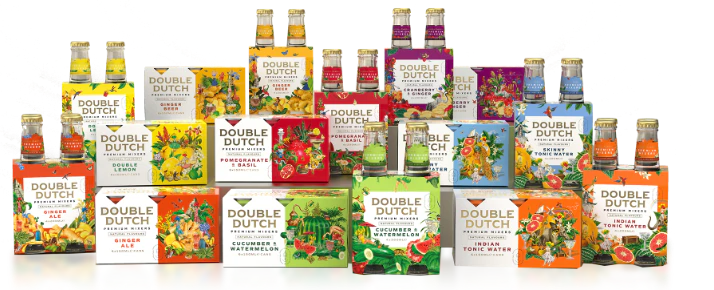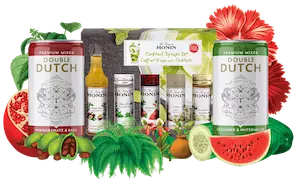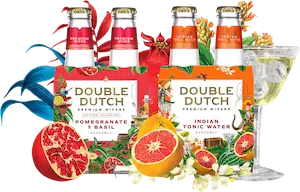WELLNESS IN THE HOSPITALITY INDUSTRY
Long hours, pressure to drink and socialise, little time to prepare proper meals, and minimal sleep can certainly take its toll on staff working in the hospitality industry – but no season is more overwhelming than Christmas. Therefore, in accordance with this rising wellness crisis, we assigned some of our scholarship students an important task in which they had to detail how they manage their own wellness, as well as how they would potentially go about supporting their staff specifically during the stressful holidays in the future.
SUPPORTING INDIVIDUAL MENTAL HEALTH
Lauren Kate Medway: I’ve always found it important to check up on the staff you work with on a regular basis. At the start of every week – i.e., Monday, I would hold a whole team check-up. During this I would ask them how they thought the service was during the previous week, if there was anything we could improve on, and if they had any ideas that would make the week beginning run smoother. I believe that if the team is on the same page the shifts will run effortlessly. Furthermore, that means I can offer support to members of the team that need extra help that week.
I would also do 1-1 check-ups with staff, which would be a simple 15-minute chat where we are away from the group. This would hopefully allow them to talk about their own wellbeing comfortably and encourage them to tell me what they need support with personally. Ideally, I would make use of the wellness wheel during this time to guide our conversation. Sometimes it can be hard allowing yourself to be vulnerable in a large group, so the 1-1s are a great way of gauging how an individual is feeling as opposed to a team meeting where I the aim is to see how my team is functioning.
Another great way to ensure my team feels supported is to put posters up with numbers for mental health helplines, for instance, Hospitality Action. Hospitality Action have personally helped me multiple times. They also do in-person evaluations similarly to a GP, which I find very helpful as you can get a full in-depth talk for staff who are struggling. Seeing a doctor at a general practice can sometimes be difficult as they don’t understand the hospitality industry that well, but Hospitality Action really helps fill in those gaps if needed. I would include numbers for the local mental health community teams on these posters. Many in this industry work full-time and sometimes don’t have time to find the right numbers to book evaluations and referrals. So, to have them there if needed would potentially be a big help for those working more often than others.
Laura Simonelli: It’s a good idea to cultivate a supportive department for mental health issues designed for the staff. It can be an “all ears” team of people available to help the team going through a busy period in the post Covid era, who are there to listen to any of their concerns privately and compassionately.
A phone line or a once-a-month face to face meeting organised in the venue or in any other enjoyable environment chosen by owners, managers, and the team together would also be extremely beneficial.
Courtney Francis: Dedicate one member of the management team to be a listening aid for employee’s wellbeing, creating a safe environment for them to express themselves and their needs
ROTATIONS ARE KEY!
Lauren Kate Medway: I would create a rotation allowing each person a Saturday off. A lot of us have friends and family that work 9-5 and sometimes we need to break away from our weird working hours and see other people outside of work on regular days that other people would have off.
It should hopefully help people balance their social wellness and not feel trapped at work. These small implements make a big difference!
Jane Nolan: Ensuring staff are on 4-day week, with at least two days off in a row so they have personal downtime outside of work.
Sian Buchan: I think offering a 4-day week once a month with three days off in a row is helpful, so that they can get some proper rest and relaxation with people outside of their usual work circle, such as family and friends. Not only are breaks important, but it’s also prudent to make sure that nobody works for at least 10 hours after their last shift finished, so that there is an element of rest between shifts. So, I also think I would make sure that people’s shifts finish in line with travel times home, so that no one is hanging around in the cold and dark – especially during the latter months of the year.
Laura Simonelli: Create a month’s rota in advance, allowing for staff to put in requests and facilitate the avoidance of hectic shifts. This way, they will also get 2 days off in a row which encourages rest, recharging, and the chance to see people outside of work.
Courtney Francis: Management to create rota’s a month in advance for people to organise their personal lives and see their families during the busy Christmas season, and of course, ensure everyone has their dedicated 2/3 days off a week.
EATING ENOUGH AND TAKING A BREAK
Jane Nolan: It helps to provide bottled water. I have personally found that staff drink more water when in a sports cap bottle. It’s strange but it works!
Sian Buchan: I would ensure that everyone gets (at the very least) their half-hour break, with the encouragement to, once a week, take it in turns to make a healthy team meal and share them between everyone (We unfortunately have no kitchen at work so this would be helpful and boost morale). That said, at my place of work we often use a great deal of orange zest at work but very little juice, so we juice the oranges, and everyone gets a small glass of Vitamin C at the start of their shift for a vital energy boost.
Courtney Francis: I think it’s key to organise breaks when doing the rotas in advance to make sure everybody is on the same page and things run as smoothly as possible.
Laura Simonelli: Making healthy staff food doesn’t need to be expensive and can be rotated each week. So, I would encourage bringing in pre-made lunches once a week that contain basic nutrients and ingredients without the fattening fast-food elements will keep everyone energised and healthier.
VENUE MANAGEMENT
Jane Nolan: I would stagger bookings and reservations so there is less chance of being under extreme pressure. Furthermore, this year my workplace is shutting on Christmas and Boxing Day so the team knows they will have a break this Christmas after a hectic last year.
FINANCES
Laura Simonelli: Financial support. It helps to ensure your team understands their pay system. I would also let them know about the varied financial coaching apps to keep salaries under control under automation (ex: https://wagestream.com/employees/#why-employees)
CHECKING IN WITH THE TEAM
Lauren Kate Medway: I would hold team debriefs at the end of the week (most likely on a Saturday after the busy shifts). This would be a more casual chat and catch up about how their service was and how everyone’s week went. It’s a great way to see how everyone feels at the end of the week compared to the start. If people aren’t doing as good as they were at the start, then it means something needs to be changed and will then be discussed on the next team chat at the start of the week.
Courtney Francis: Holding regular team meetings will allow me to gauge where people are at and allow me to address general performance issues, as well as make my team feel heard.
HAVING FUN!
Laura Simonelli: The organisation of team-oriented physical activities is a great way to keep spirits up. Once a week the staff can get together and have an outdoor party. People can share knowledge, have a yoga group, meditation or anything that helps maintain a better and healthier lifestyle.
Courtney Francis: I would perhaps organise wellness days with the gym next door to my workplace in order to boost mental and physical health. Additionally, team meetup events such as cycling, coffee mornings, and beach clean-ups may destress individuals and elevate the team’s performance.
Another idea I have for helping morale is “Fun Sundays” – a non-alcoholic Guinness and donut day, with Banana and Bischof burritos at the end of shift. 1 day every two weeks is pizza night at the end of a shift, and the entire team would have an opportunity to get involved due to well-planned shift rotation.
From the team at Double Dutch, and our hard-working Scholarship students, we hope you found this advice helpful and insightful. Wellness is key! So, if you’re working during the Christmas season remember to look after yourself.









